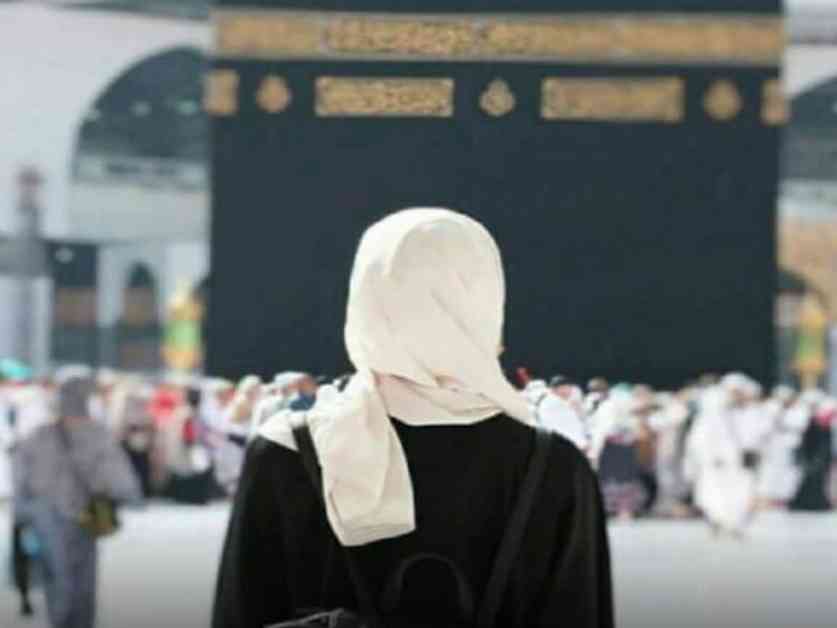The Ministry of Religious Affairs has announced that despite the Council of Islamic Ideology’s (CII) 2023 ruling allowing Pakistani women to perform Hajj without a male guardian (mahram), they will still need consent from their husbands or parents to register for the pilgrimage in 2025. This decision comes after the CII’s conditional approval in November 2023, permitting women to travel without a mahram for Hajj, provided certain conditions are met.
According to the Hajj Policy 2025 document, “No mahram shall be required for women for Hajj 2025, as per the decision of the CII 2023, subject to the submission of an affidavit to the effect: i) their parents or husbands allow them, ii) they are in the group of reliable females, and iii) there is no threat to their dignity.”
The CII had previously clarified that according to the Jafria, Maliki, and Shafi’i schools of thought, women are permitted to perform Hajj or Umrah without a mahram if their parents or husbands approve, and if they are part of a reliable, all-female group. The Saudi government had also lifted the mahram requirement for women traveling for Hajj and Umrah starting in 2021, a policy that was extended internationally.
### Policy Details and Requirements
Regarding minors, the 2025 policy stipulates that children under the age of 12 will not be allowed to participate in the pilgrimage, in accordance with Saudi regulations. Additionally, special citizens and disabled applicants will need to be accompanied by an attendant to travel for Hajj. Applicants who are barred from traveling due to court orders or who are on the Exit Control List (ECL) will be ineligible for the pilgrimage.
### Hardship Quota and Seat Allocation
The policy also includes a “hardship quota” of 1,000 seats reserved for split families, mahrams for successful female applicants, attendants for disabled individuals, and other special cases. Pakistan has been allotted a total of 179,210 Hajj seats by the Saudi government, with an equal split between the government and private schemes, in line with the country’s Hajj policy.
### Guideline for Selecting Applicants
The government has outlined guidelines for selecting applicants under the hardship quota, ensuring that those facing specific challenges can still participate in the sacred pilgrimage. This move aims to make the religious journey more accessible to a broader range of individuals, fostering a sense of inclusivity and community among all those wishing to partake in this significant event.









